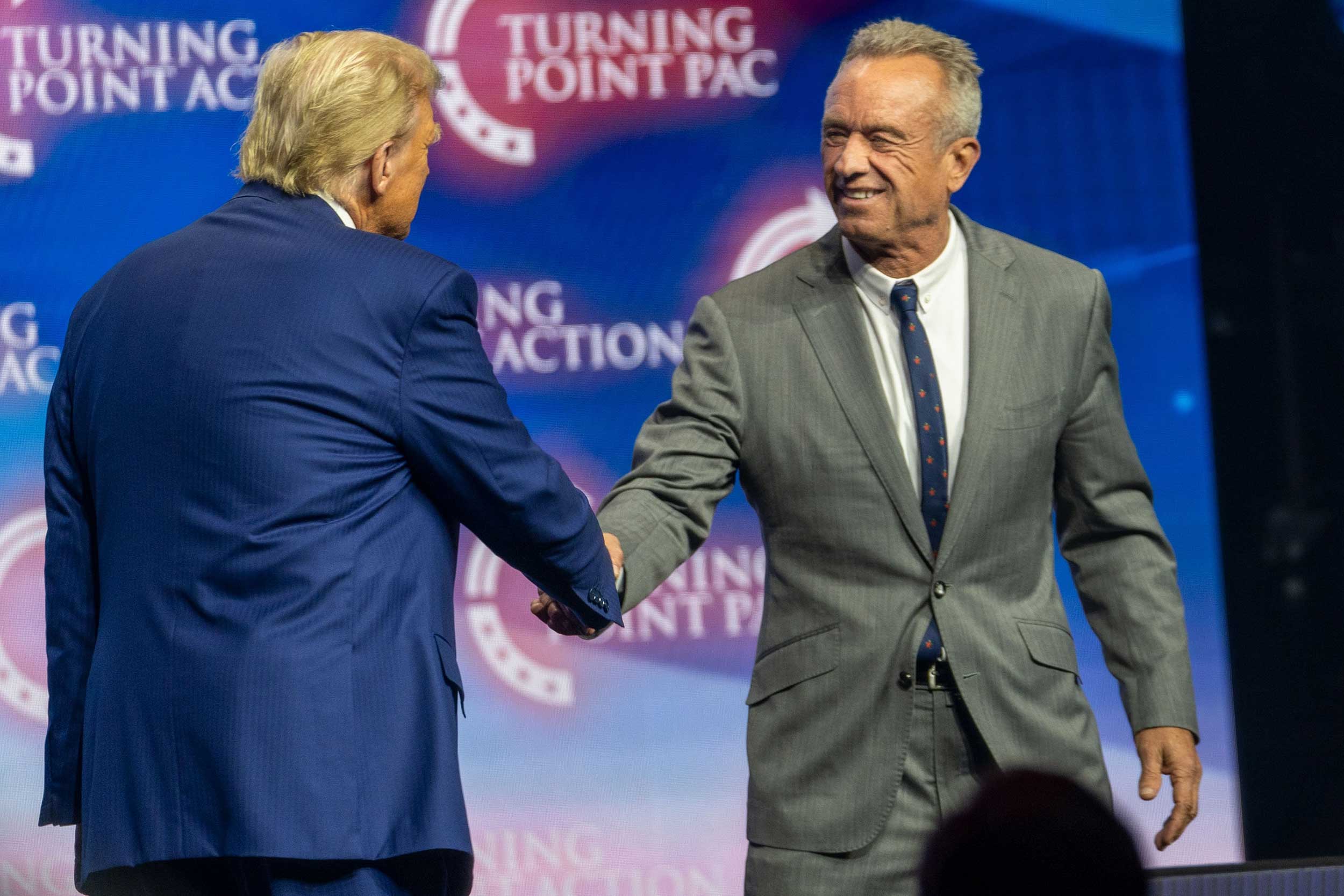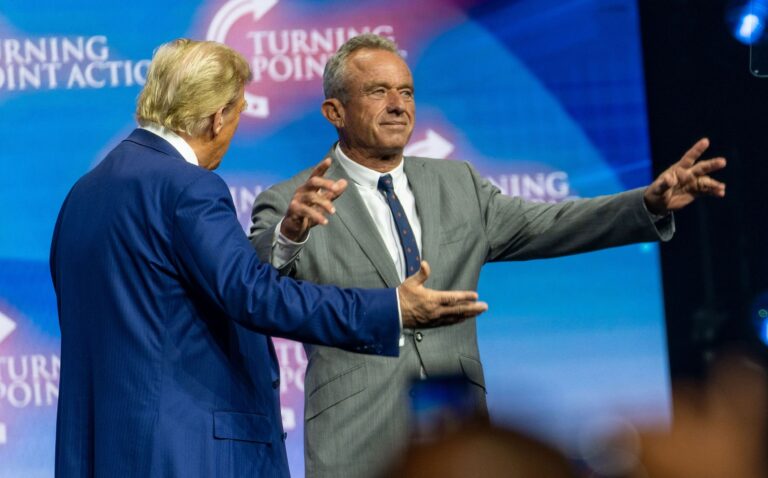Just one week after some tumultuous confirmation hearings, the Senate Finance Committee greenlit — by a party-line vote of 14-13 — the nomination of Robert F. Kennedy Jr. to the position of Secretary of Health and Human Services.
The HHS Cabinet position includes leadership over the Food and Drug Administration and the Centers for Disease Control and Prevention, both of which carry powerful influence in the research, communication, record-keeping, and regulation of American agriculture.
Kennedy has been widely seen as among the most contentious of President Donald Trump’s Cabinet picks. During today’s vote, Ranking Member Sen. Ron Wyden (D-Ore.) continued to hammer Kennedy about his lifelong stances on various health issues, even calling him “singularly unfit to serve as HHS secretary.”
Still, Wyden and his Democratic colleagues were outvoted.
“The status quo [in American health care] has not achieved much in the way of gain,” Sen. Thom Tillis of North Carolina said after the vote in defense of Kennedy.
RFK Jr.’s advancement through the Senate committee means that he will now face a floor vote before the full Senate, which has a 53-47 advantage of Republicans over Democrats. The date for the full vote has not been determined.
Kennedy, who hails from a family that’s often referred to as an American political dynasty, spent almost his entire life as a Democrat before becoming an Independent in 2023 in order to better position himself for a 2024 presidential run. After ending that campaign, he opted to ally with Trump and piggyback on the “MAGA” slogan by with his own twist: MAHA, or Make America Healthy Again. He said that this movement “simply cannot succeed if we do not have the partnership of America’s farmers.”

The nominee made his career as an environmental lawyer, and had even sued Monsanto in a case related to a non-Hodgkin lymphoma patient. He blames much of the health problems in rural America on “chemically intensive agriculture,” something he said he wants to go after if confirmed. Critics, however, say that doing so would “hamstringing technological advances and crucial inputs key to the maintenance of U.S. agricultural abundance and global competitiveness.”
Trump “has instructed me to take care of the farmers and make sure they’re full partners” in food policy moving forward, RFK Jr. said.
While he certainly talked about agriculture, it was his fringe health claims that were under the greatest amount of scrutiny during the hearings, one of which took place before the Senate Finance Committee and another before the Senate Committee on Health, Education, Labor and Pensions. For example, he founded the nonprofit Children’s Health Defense, which has been described as “an anti-vaccine advocacy group and proponent of COVID-19 vaccine misinformation.”
In two notable instances during testimony, Kennedy refused to admit that there is no evidence that vaccines cause autism, and he stood by his prior claim that the COVID-19 vaccine was the “deadliest vaccine ever made.”
“In my advocacy, I’ve often disturbed the status quo by asking uncomfortable questions,” Kennedy said before the Senate Finance Committee. “I’m not going to apologize for that.”



:max_bytes(150000):strip_icc()/Gas-Pump-Ethanol20-2000-be3ae6f1a75644f0ac7a15846ee9b437.jpeg)
:max_bytes(150000):strip_icc()/8293232288_8da55cc72e_o-b324a9331b0a48b487dd867154d53c50.jpg)




:max_bytes(150000):strip_icc()/DSC_5569-scaled-e1745358337245-2048x1551-a1a093af80584792b8bb89e4f47d4926.jpg)
:max_bytes(150000):strip_icc()/103097774-2000-1043a1eebcd2426697f44faf1d9719a5.jpg)
:max_bytes(150000):strip_icc()/7021211UnverferthSeedRunner3755XL3_preview-38937bc35ec9441ab3433a428560f2ee.jpg)